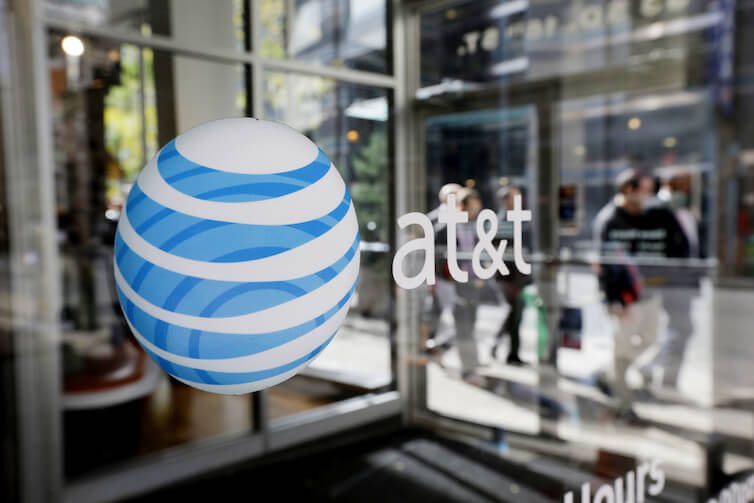Unlocking the promise of antitrust enforcement

The Washington Center for Equitable Growth last month co-hosted an event with the Program on Law and Government at the Washington College of Law, called “Unlocking the Promise of Antitrust Enforcement.” The event featured nine presentations, videos of which are now available online, and discussion by leading scholars in antitrust law and economics that explored the scope for more vigorous enforcement of existing antitrust laws.
It was a particularly exciting moment to convene this type of conversation, as the issues of market power, competition, and antitrust have garnered so much attention this year. From headlines about the acquisition of Whole Foods by Amazon.com Inc., to last week’s announcement that the Department of Justice is suing to block AT&T Inc.’s acquisition of Time Warner Inc., to the introduction of two new antitrust bills by Sen. Amy Klobuchar (D-MN), concern that growing market power and declining competition are having widespread negative effects on the economy has been getting a lot of coverage. Scholars are also actively in the mix, with new working papers exploring the potential relationship between declining competition and declining business investment, declining labor share, and a whole lot of other negative economic trends.
Antitrust is frequently pointed to as a pre-existing policy tool that can be used to address these concerns. As the debate heats up further around these broader economic concerns amid questions about whether antitrust is a potentially appropriate tool to address them, it’s crucial that we have rigorous research underpinning the debate and guiding policymaking. That’s why conversations like the one we convened last month are more important now than ever before.
One of the most news-cycle-relevant presentations of the day was by Steven C. Salop, professor of economics and law at the Georgetown Law Center, who has studied vertical mergers for years. He discussed how vertical merger enforcement could and should be reinvigorated—a subject that is particularly relevant in the wake of the recent Department of Justice announcement that it is suing to block the merger of AT&T and Time Warner. Vertical mergers, in which two companies working at different stages of an industry’s supply chain merge, came to be seen as generally harmless and in fact beneficial for consumers as a result of the influence of the so-called Chicago School on antitrust and economics that gained prominence beginning in the 1980s. Salop, however, argued that the presumptions underlying the Chicago School’s perspective on the competitive effects of vertical mergers have not been borne out by the economic evidence over the ensuing decades and called for further research.
Another timely presentation was by Nancy L. Rose, the Charles P. Kindleberger Professor of applied economics at the Massachusetts Institute of Technology. She discussed the less-studied effects of reduced competition in upstream markets, including monopsony. While antitrust is commonly thought of in terms of downstream effects—a producer controlling such a large share of a market that it can raise prices for its products—increasingly there is concern about monopsony power, where a buyer of a good or service has the power to pay lower prices than would be possible in a competitive market.
Monopsonic markets are of particular interest and concern in the case of the labor market, in which monopsony refers to a firm or firms’ ability to restrict wages below what they would be in a competitive market. If an increasingly smaller handful of firms are dominating their industries, then they have fewer competing buyers of labor. Sen. Cory Booker (D-NJ) recently wrote a letter to the antitrust enforcement agencies asking them about exactly this issue, and one of the bills introduced by Sen. Klobuchar directly addresses concerns about monopsony as well.
The Washington Center for Equitable Growth is proud to have convened such a thoughtful and interesting day of presentations, conversations, and debate about antitrust enforcement, and we look forward to continuing these conversations going forward. The papers presented last month will be available as papers in the Yale Law Journal in May 2018. Meanwhile, you can find them on the event’s website, along with a number of other resources on the subject. And you can always find Equitable Growth’s growing body of research and analysis on market power and antitrust here.

